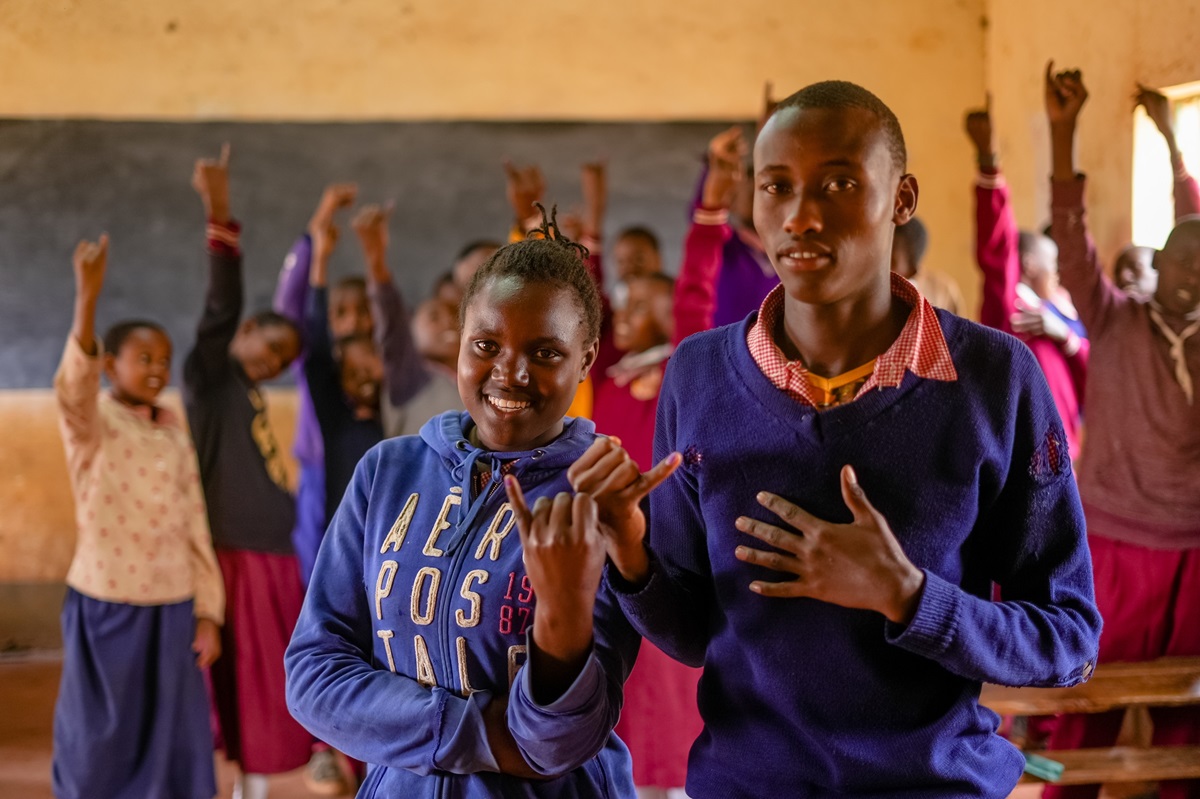A new WHO report launched today on the sidelines of the G20 Health Ministers Meeting in Limpopo, South Africa, calls for bold financing and access strategies to ensure novel tuberculosis (TB) vaccines reach adolescents and adults in high-burden countries.
“New TB vaccines have the potential to save millions of lives faster and change the course of the epidemic,” said Dr Tedros Adhanom Ghebreyesus, Director-General, WHO. “By harnessing the power of science, partnership and finance, we can realize our shared vision to end TB.”
The new report was developed by the TB Vaccine Accelerator Council’s Finance and Access Working Group, which is co-convened by WHO, the Government of South Africa, and Gavi, the Vaccine Alliance. The report highlights 6 priority actions to ensure sustainable and equitable TB vaccine access worldwide, including developing catalytic instruments, generating country-level evidence, mobilizing financing, advocating for regional manufacturing in high-burden regions and promoting market transparency.
TB vaccines for adults and adolescents are critical to transforming and accelerating the fight against the world’s deadliest infectious killer. Every year, more than 10 million people fall sick with TB and more than a million people die from the disease, mostly in low- and middle-income countries. At least 70% of this burden is in G20 countries and regions.
Demand for novel TB vaccines will outpace supply in early years
Despite TB’s devasting global impact, no new vaccines have been licensed in over a century. The Bacille Calmette-Guérin (BCG) vaccine, which has been part of the childhood immunization schedule in many countries, offers protection against the most serious consequences of TB for infants and young children but it offers only limited and variable protection against pulmonary TB in adolescence and adulthood. However, as of September 2025, at least 16 new TB vaccine candidates were in clinical development, including 6 in phase III trials.
While the vaccine pipeline is accelerating and many high-burden countries are starting to prepare for vaccine rollout, country access to supply of TB vaccines and financing remains a key concern. Likewise, manufacturers face uncertainty on country demand and financing. Manufacturers are yet to share concrete access strategies and regional vaccine manufacturing is not yet planned in every high-burden region for late-stage candidates.
Findings from this new report project that global demand for TB vaccines will outpace supply in the critical early years. The global demand is projected to exceed 3 billion regimens between 2030 and 2040, with high-burden countries driving most of the demand. However, supply projections indicate a gap in the initial years after vaccine registration, risking delayed access and reduced public health impact.
Procurement costs alone are estimated at US$ 5–8 billion over the decade 2030–2040. This amount does not include vaccine delivery costs or health system strengthening for vaccine introduction and rollout. There is currently no earmarked funding for novel TB vaccines, and both countries and donors face difficult trade-offs between investing in these vaccines, other immunization efforts, existing TB interventions, and other health priorities, as they begin planning for financing.
Solutions for ensuring equitable access to novel TB vaccines
Based on the bottlenecks identified in the landscape analysis, the report outlines 6 solutions to overcome the challenges to ensuring equitable access to the new TB vaccines:
-
generate early, country-level evidence, such as demand forecasts, cost-effectiveness analyses and budget impact studies that guide national vaccine adoption;
-
establish a coordination platform for supply and demand stakeholders to align, supported by shared roadmaps and regular dialogue that can help synchronize timelines between manufacturing, financing and country access;
Modelling shows that, if approved and rapidly scaled, over a period of 25 years a vaccine that is 50% effective at preventing TB disease in adolescents and adults could avert up to 76 million TB cases, 8.5 million deaths, 42 million courses of antibiotics and up to US$ 42 billion in costs faced by households affected by TB.
The development and implementation of financing and access strategies by countries is an essential step in the planning and equitable access to new TB vaccines once they become available.
With strong global leadership and collaboration, WHO will work with all stakeholders to move forward these solutions through the Finance and Access Working Group. WHO welcomes the ongoing leadership from the members of the Working Group to this global effort, including setting out an agenda of actions and next steps.
news/item/06-11-2025-new-who-report-urges-bold-steps-for-equitable-access-to-novel-tb-vaccines”>Source link
